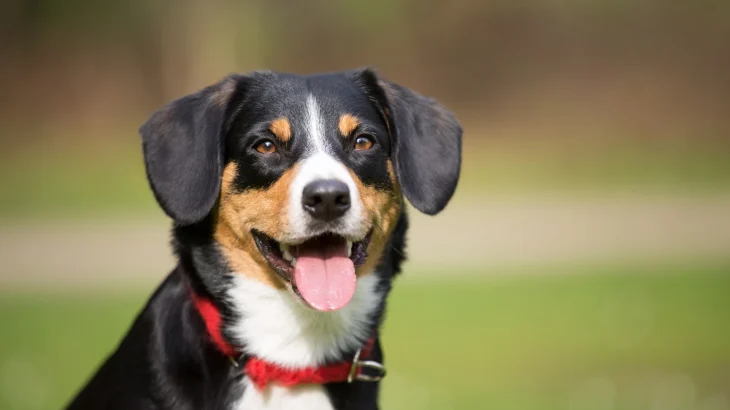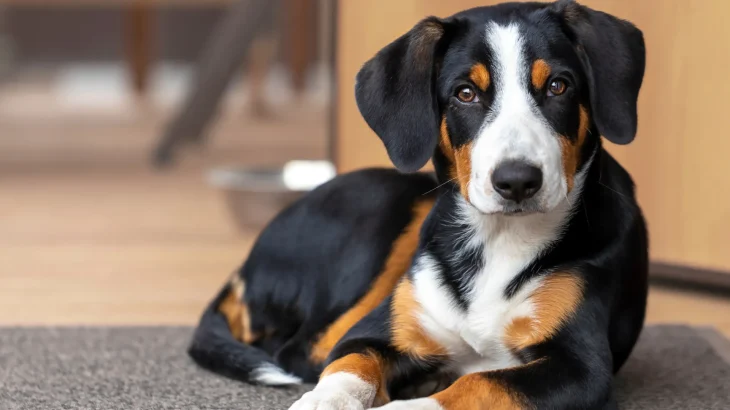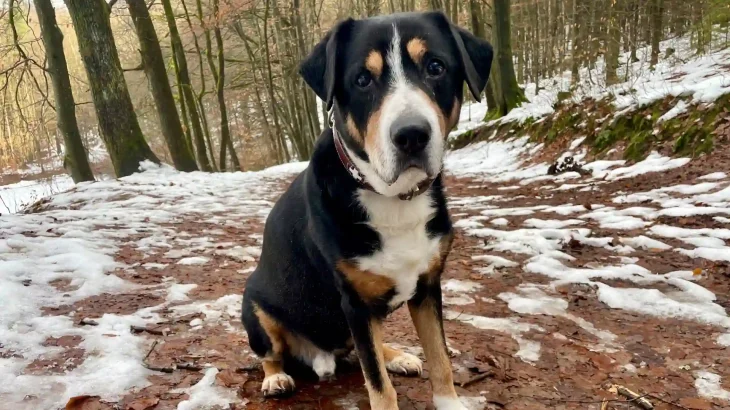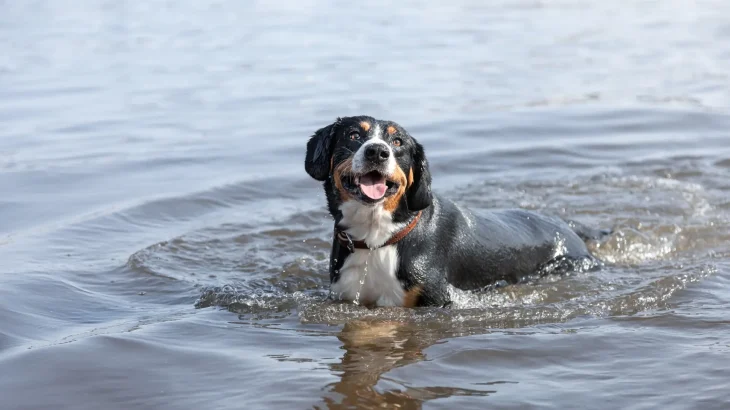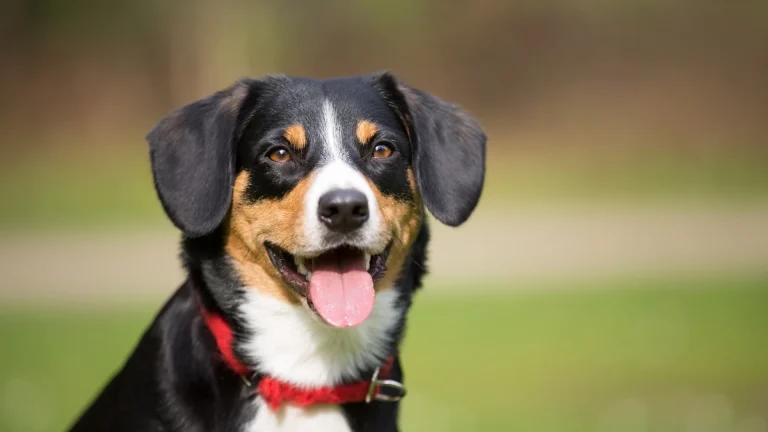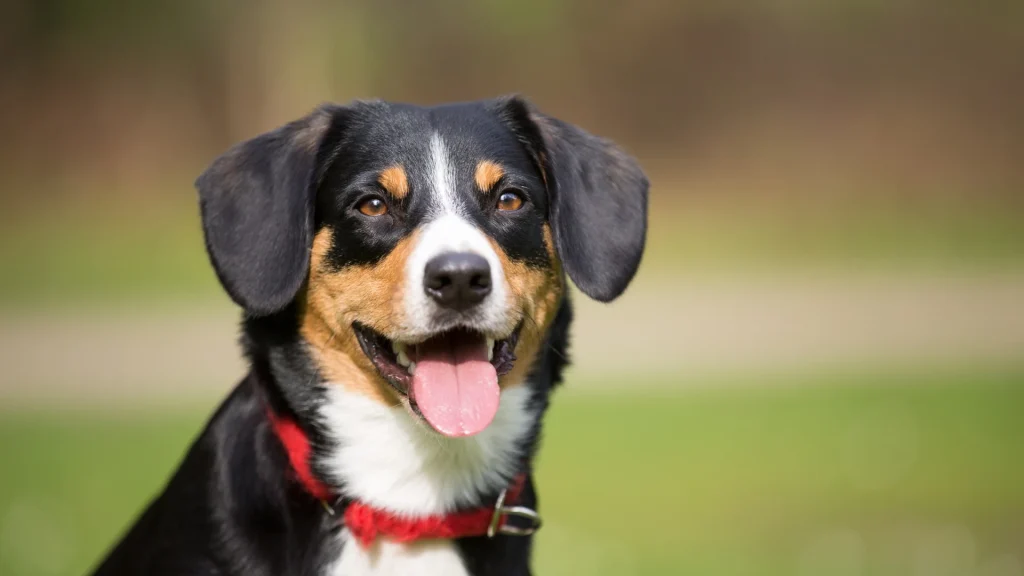Choosing between adopting or purchasing an Entlebucher Mountain Dog puppy involves weighing availability and background knowledge. Since Entlebuchers are a rare breed, finding one for adoption can be challenging, and puppies from breeders often come with detailed health and pedigree information but at a higher cost. Ultimately, the decision depends on your priorities regarding cost, health transparency, and ethical considerations.
Adoption vs. Breeder: Pros & Cons
| Criteria | Buying from Breeder | Adopting from Shelter/Rescue |
|---|---|---|
| Cost | Higher initial cost, typically $1,200 to $1,400, sometimes up to $6,000 for superior pedigrees. | Lower adoption fees, often much less than purchasing; may include vaccinations and spay/neuter. |
| Health History | Detailed health and genetic screening information usually provided. | Health history may be limited or unknown; basic health checks are performed. |
| Age Availability | Primarily puppies, available with some patience due to rarity. | Varied ages possible, but rare to find this breed available for adoption. |
| Temperament Insight | Breeder can provide insights on temperament traits and lineage. | Staff may share behavior observations, but full history often unknown. |
| Supporting Practices | Supports dedicated breeding programs aiming to preserve breed purity. | Supports animal welfare by providing homes to dogs in need. |
| Breed Purity & Pedigree | Clear documentation and pedigree available. | Often lacks pedigree documents; breed purity may be uncertain. |

